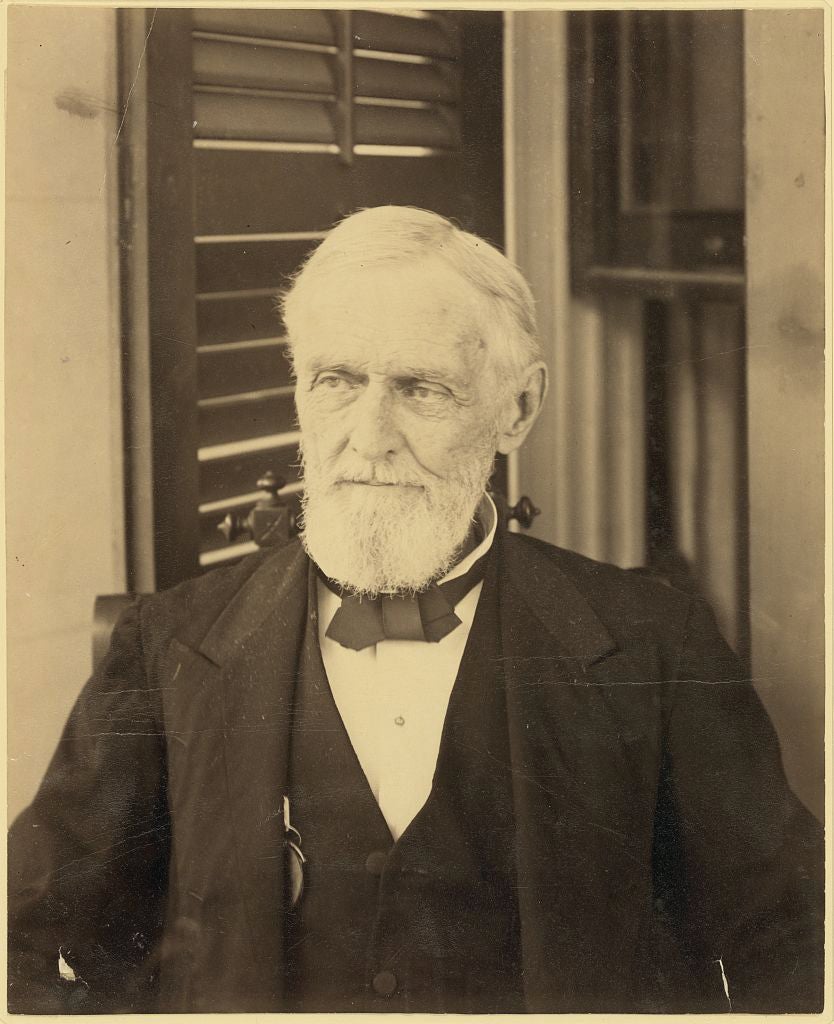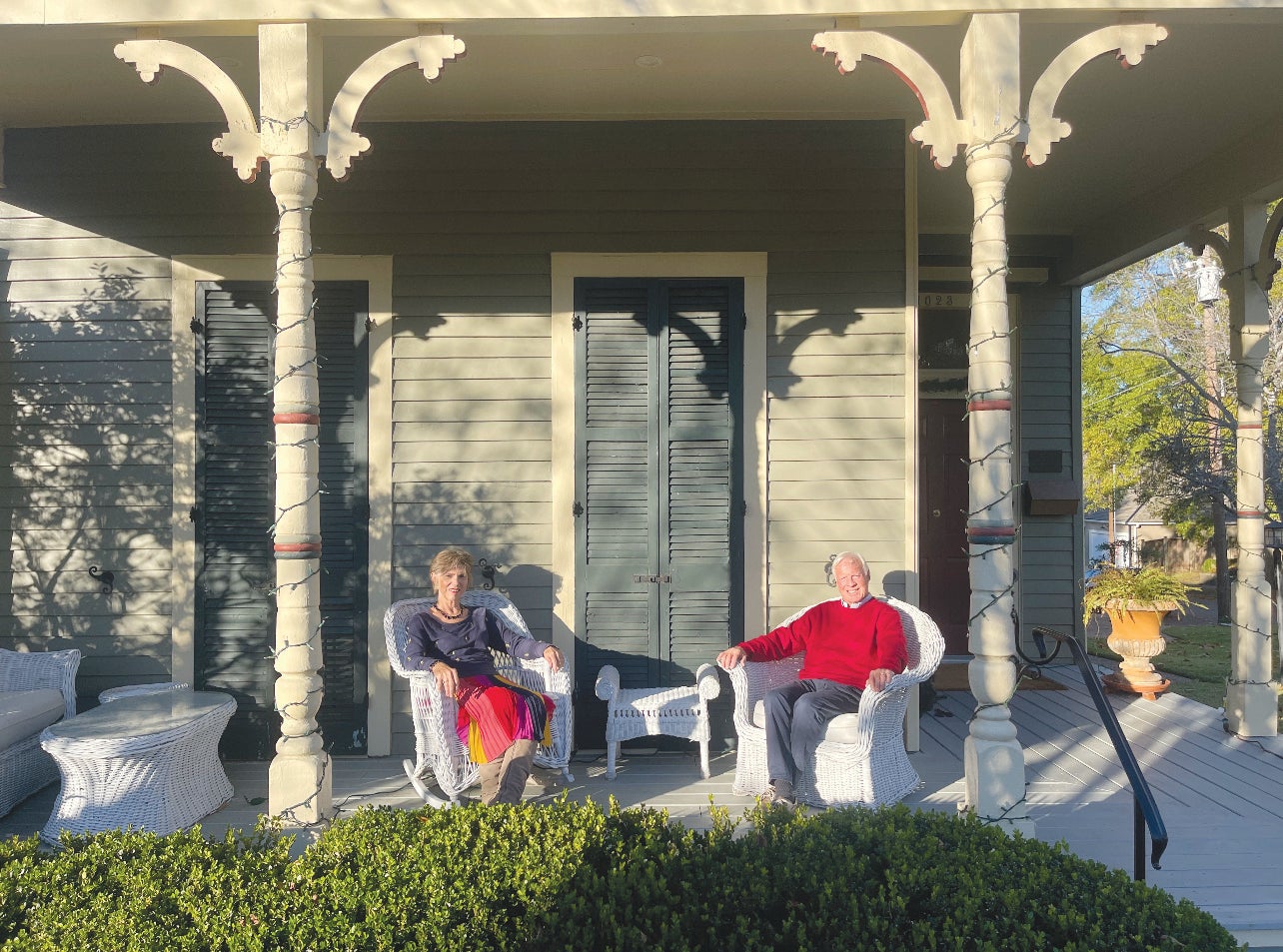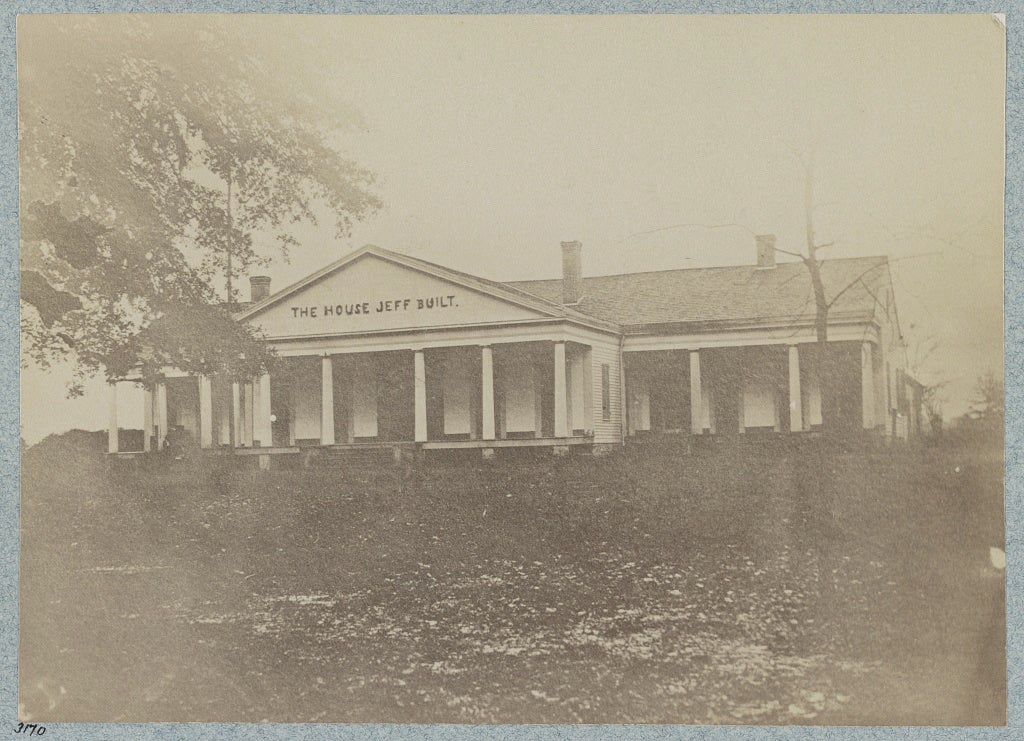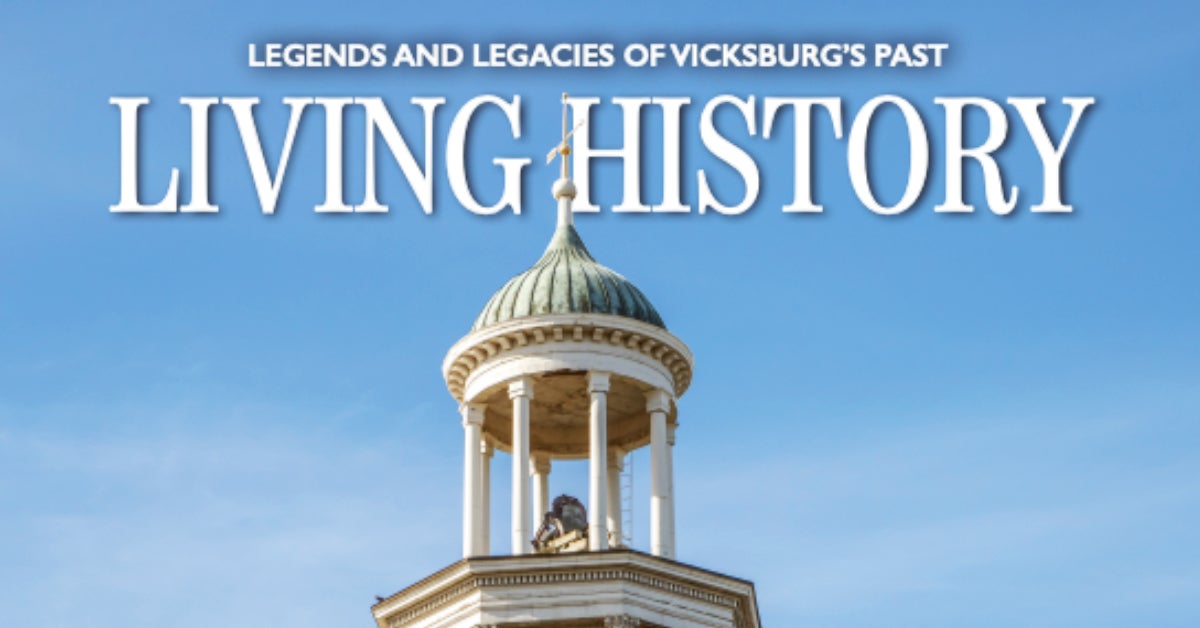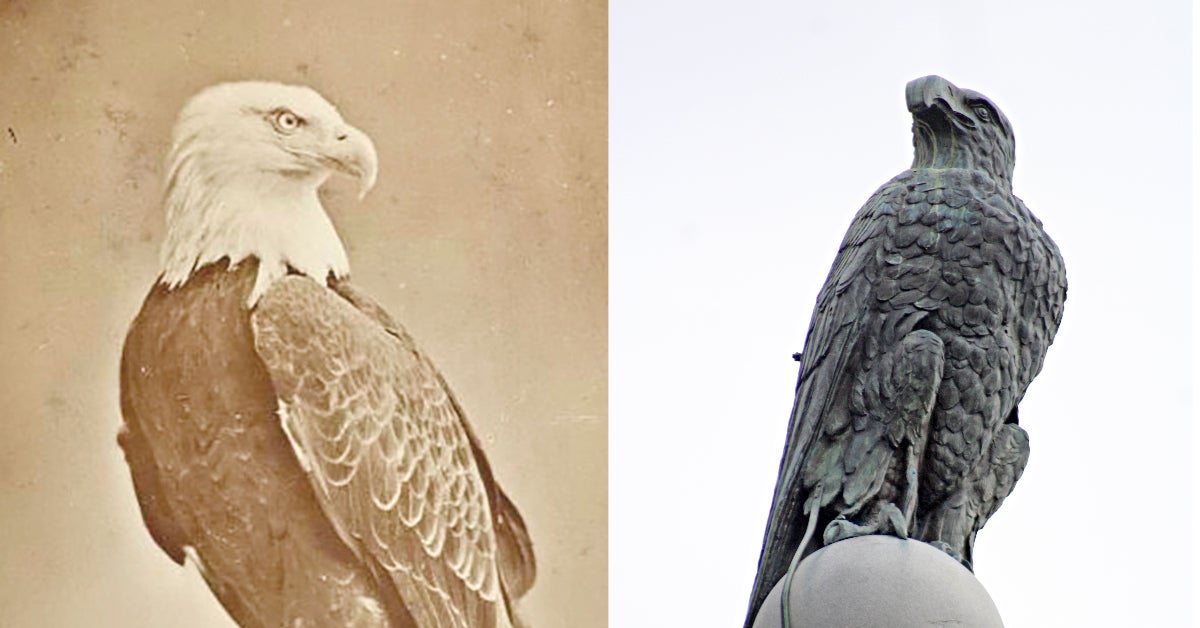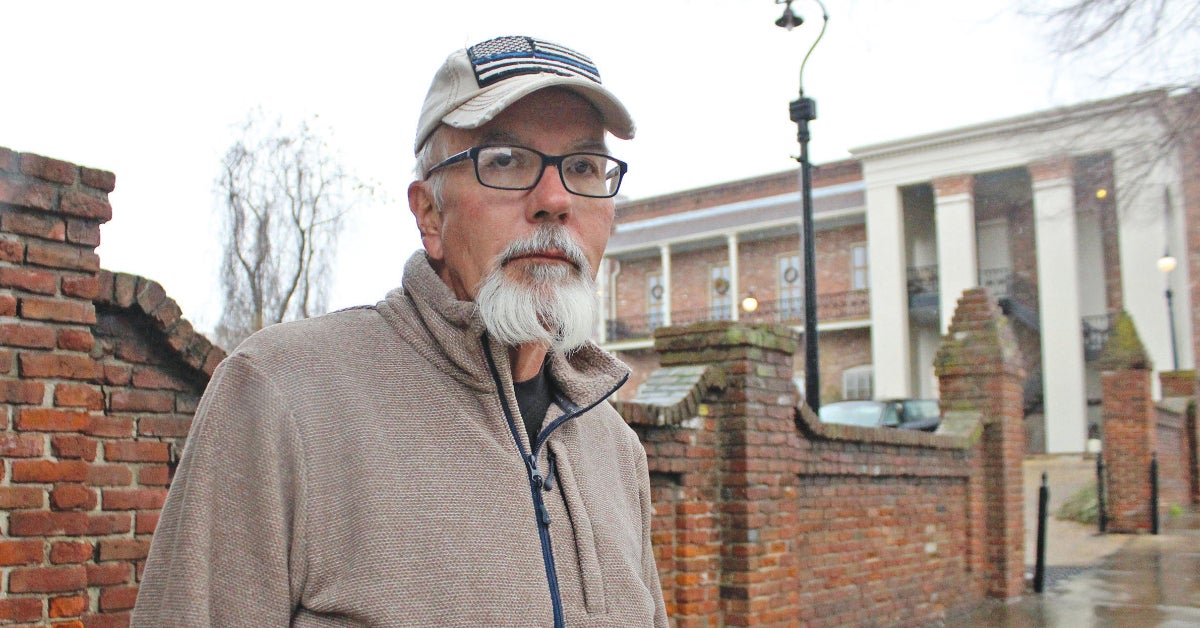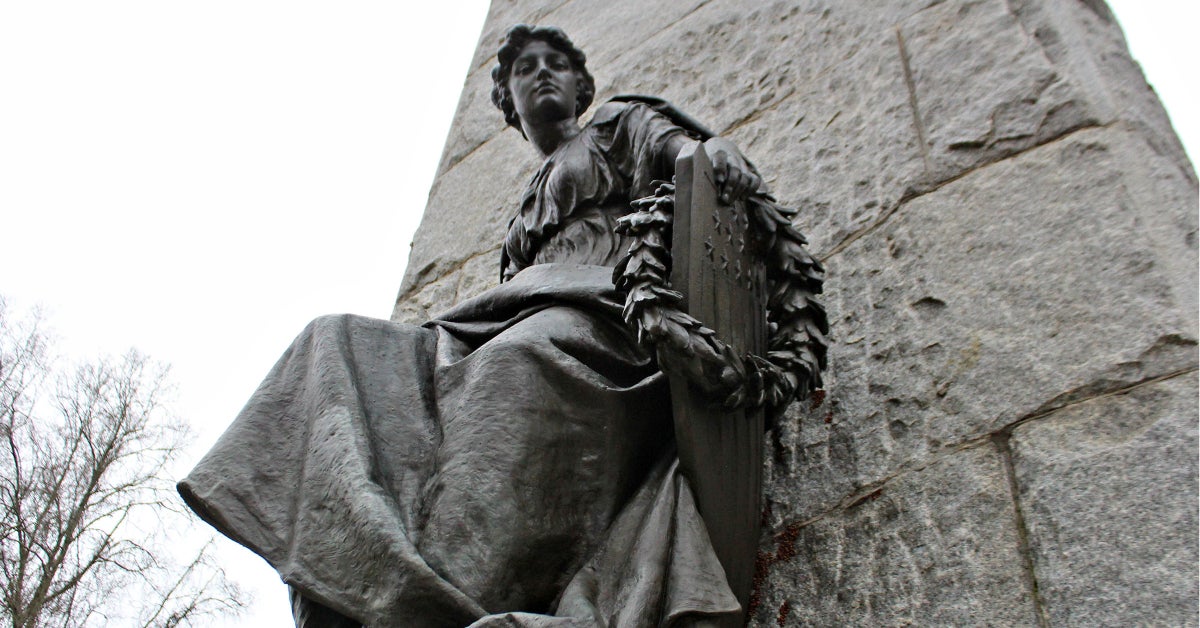Jefferson Davis and the Vicksburg of Tomorrow
Published 7:00 am Saturday, February 25, 2023
To the majority of Americans, Jefferson Davis’s life is condensed to four years in which he served as the
President of the Confederacy — however, every coin has two sides.
One Vicksburg resident with intimate knowledge of the man has spent nearly 50 years working to change that perception — or at least show visitors to Vicksburg that there is more to Davis’ life than those four years. However, Bertram Hayes-Davis, one of Jefferson Davis’s great-great-grandsons, didn’t start out with a wealth of knowledge about his forefather.
“When I grew up, there was a painting on the wall, and books underneath the radio, and my whole knowledge of Jefferson Davis was, ‘President of the Confederate States of America,’” Hayes-Davis said. “I didn’t know anything else until 1976 when I was a little bit older and was invited to Montgomery to give a speech in front of 500 people, and I didn’t know anything about my great-great-grandfather — nothing.”
Hayes-Davis set forth learning about his great-great-grandfather via pilgrimage, traveling to every point on the map where Davis trod, all the while reading Davis’s writings and significant texts written about him.
It’s a path that brought him and his wife, Carol, to Vicksburg, where they established a residence and founded Vicksburg Old Town Tours, which takes visitors through significant places in the city’s Civil War history. For Hayes-Davis, it’s also a way to get closer to understanding who Davis was — and why his contributions are far beyond that of a turncoat.
‘VICKSBURG WAS HIS HOME.’
“I’ve read the biographies and the Pres. Jefferson Davis papers, but it’s a different thing when you sit there, or when you walk up the street to Christ Church or Duff Green or Anchuca, knowing this is the same street that he walked on,” Hayes-Davis said. “This is his hometown. He moved here in 1835 after the loss of his first wife. He moved here with his brother, Joseph, and established his residence here. And
we, as a family, owned that property until 1952. We’ve been here a long time, and this is the home — Brierfield, the home we knew was his.”
Jefferson Davis lived at Brierfield alongside his brother, Joseph Davis, who lived at Hurricane Plantation, at Davis Bend. Joseph Davis split his time between Hurricane and Anchuca Mansion, which is seated comfortably in the heart of Vicksburg’s oldest neighborhood.
Brierfield House burned down in the 1930s, but the bricks used to raise the house are still on
the island. “We go over there frequently and I can stand exactly where it was,” Hayes-Davis said.
Through his and his wife’s work giving tours and documenting Davis, whom his great-great-grandson calls “One of the most misunderstood figures in American history,” Hayes-Davis said their goal is
singular, presented free from agenda or politics.
“What we’re doing is, we’re preserving history. We’re not walking away from it, or discarding it, we’re bringing the facts. We have no agenda, other than the facts,” he said. “We’re not saying, ‘Jefferson
Davis was the greatest person in the whole wide world, or Vicksburg is the greatest town in the world.’ What our vision is, is that this is what it is. When we repeat the history of my great-great-grandfather before he was President, people are amazed at all the things he did.
“We fit Vicksburg into that, because this is where he was. He lived here, he walked the street every day. The same steps.”
Amazed could be an accurate description, as the 30-year chapter between Davis’ arrival in Vicksburg and his capture and imprisonment after the war holds several glimpses into who he was. Prior to arriving in Vicksburg, Davis served in the U.S. Army, graduated from West Point and married President Zachary Taylor’s daughter, Sarah.
When Sarah died at age 21 in St. Francisville, La., Davis moved to Vicksburg. The year 1835 was a pivotal one for Davis not just through the move to Vicksburg; it’s also the birth of Davis, the politician. Davis is elected to the U.S. House of Representatives, serves in the Mexican-American War, spends time in the White House with his ex-father-in-law and comes home to Vicksburg to (unsuccessfully) run for Governor.
He ends up being appointed Secretary of Defense by President Franklin Pierce and through that appointment he grows the U.S. Army and works to expand the U.S. Capitol Building. Davis also completed a survey of the Trans-Continental Railway prior to becoming a senator.
BRINGING VICKSBURG FORWARD
The Hayes-Davises, although not from Vicksburg, made it their home and say they have a special devotion to keeping Vicksburg moving forward.
Part of accomplishing that goal of forward momentum, they said, is embracing the city’s history and sharing its story with others.
“I’ve seen the deep roots of the town, the people that are here and who have been here a long time. I think there is significant ownership of the history of Vicksburg,” Bertram said. “There is a lot of pride in being from Vicksburg. Bringing this pride and history forward, it’s a continuance of, ‘We are Vicksburg,’ and we can be Vicksburg with the potential for us to be better than we were yesterday.
“Vicksburg still has potential; it’s teeming with it,” he added.
Carol said her joy is found in the faces of those who’ve never experienced Vicksburg, or Mississippi, before.
“We do these tours, and we do a lot of them. And people come here and they’re not expecting what they
find. And it’s a joy,” she said. “Most people say they’d never come to Mississippi. It doesn’t have a reputation of being someplace where people want to go. But they come here, and they’re blown away by the beauty of the state, they’re blown away by the people.”
The structure of the city, its good and bad parts and the way it ebbs and flows, is what keeps people coming back — and makes them want to stay.
“There are so many people who don’t know about our history or don’t focus on it, and that’s true everywhere. But when you’re talking about people coming here, they see what you’re talking about,” Carol said.
“… It’s a true neighborhood we’re in, and it’s rare. I don’t know if there is another place like that. If there is, we haven’t found it.”


